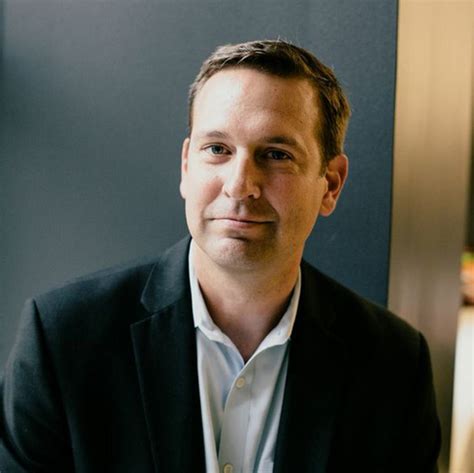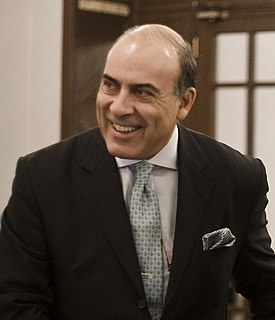A Quote by Michael Brenner
Content marketing represents the gap between what brands produce and what consumers actually want.
Related Quotes
Brands' use of social media is not a matter of yes or no. It is simply a matter of how and when. The next generation of consumers will expect their brands to always be available, providing interactive experiences and bringing value to our lives by taking advantage of social media tools in their marketing communications
I see "demand creation" as a 20th-century construct that's bound up with advertising. It's an outmoded view of marketing that says, "First, we build a product or service, then we advertise it into people's lives." Embedded this view is the belief that companies control brands. This is a myth. My message all along has been that brands are actually created by customers, not companies. Companies only provide the raw materials - the products, messaging, behaviors - that people use these to create brands.





























